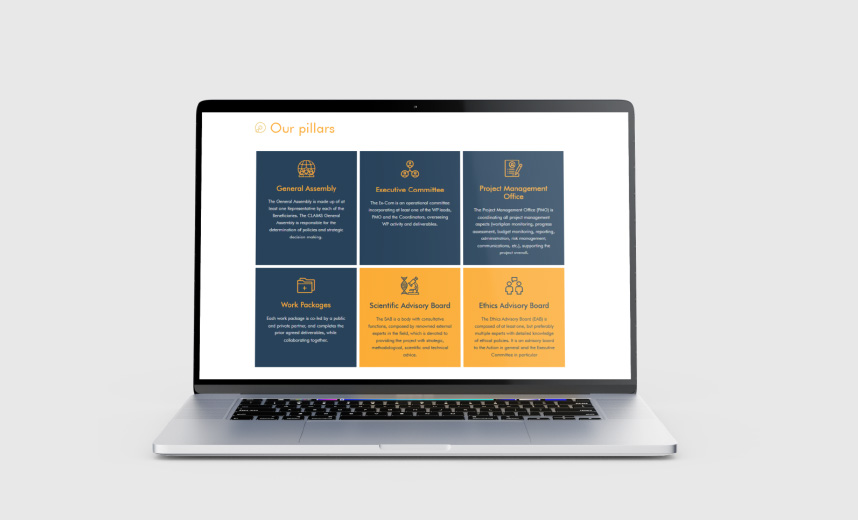Clinical impact through AI Assisted MS care
The CLAIMS project aims to address the urgent need for more data-driven and personalized care for people with MS (pwMS). To this end, our mission is to develop, validate, and seek regulatory approval for a companion platform that provides a holistic view of each patient by visualizing both existing and new biomarker data, as well as predict disease trajectories under different treatment scenarios. Powered by deep-learning-based disease subtyping and progression models, this platform aims to enhance the precision of MS care, extending the patients’ quality-adjusted life years, and reducing the economic burden on both individuals and society.
1
Development of new measurement tools for biomarkers to better disentangle Progression Independent of Relapse Activity (PIRA) and Relapse Associated Worsening (RAW) based on MRI and digital health tools.
2
3
Integration of the measurement tools and AI-based models into a companion diagnostic platform, which can be integrated in the clinical workflow.
4
Validation and submission for regulatory approval of the companion diagnostic platform to ensure a sustainable adoption in the market.
News
New Paper published!
A future of AI-driven personalized care for people with multiple sclerosis We’ve published a new paper on the development of our icognition cognitive test battery! The full paper can be accessed here or via our Zenodo Repository. Abstract: Multiple sclerosis (MS) is a devastating immune-mediated disorder of the central nervous…
CLAIMS website now live!
Explore our recently launched and dedicated website to keep up with the latest updates on the CLAIMS Project and join us on LinkedIn to stay informed about the newest developments and results.
icognition – a cognitive screening battery
icognition: a smartphone-based cognitive screening battery. We’ve published a new paper on the development of our icognition cognitive test battery! The full paper can be accessed here or via our Zenodo Repository. Abstract: Background: Telemedicine is feasible and well-accepted by people with multiple sclerosis (MS). Objective: The aim of…












